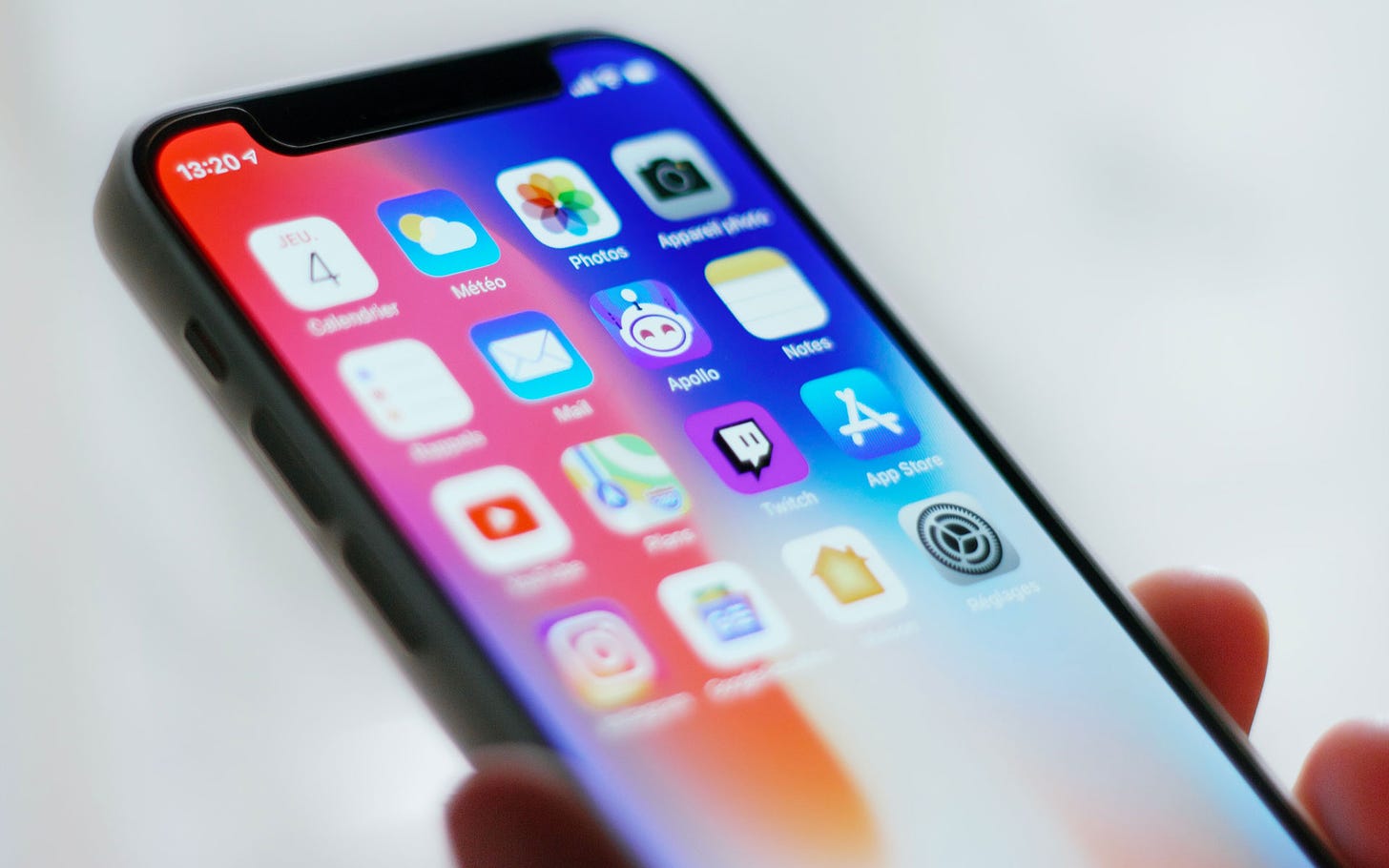Apple changes its mind about iOS 14, tells no one about it
The Cupertino giant has made a mess of its security updates and is now forcing the hand of millions of consumers

It's not like Apple was ever a prime candidate for any transparency awards when it comes to its policies - as well as its choices on a number of issues big and small - but this recent revelation probably crosses a line... somewhere. When the company announced iOS 15 during WWDC last year, one of the points that it did not mention on stage was the fact that - for the first time - it would be optional to install on compatible devices: if the owners of said devices preferred, for whatever reason, to not upgrade to iOS 15 and stick with iOS 14, they would be able to do that without losing support for the all-important security updates issued by Apple on a regular basis.
Well...
As 9to5 Mac found out a few days ago, Apple seemingly decided to change its stance on the matter of iOS 14 - and it did just that, without making an announcement of any kind, official or unofficial, to the public (or even the press for that matter). The last security update issued by the company for iOS 14 was back in October (14.8.1), which is not available to end-users anymore. What consumers now see in the Software Update area of the Control Panel app is a direct upgrade to iOS 15 (15.2.1), which is their only option if they mean to keep their device secure from a number of iOS vulnerabilities discovered during the last three months or so.

Ars Technica followed up on 9to5 Mac's findings and Apple's response has been a surprising one, to say the least: the company claimed that its support to iOS 14 with security updates was always intended to be "temporary". The roughly 4 months between now and the release of iOS 15 were something of a "grace period" for iOS 14 users after which, presumably, they are expected to upgrade to iOS 15. This sounds more like a "grace period" for Apple than for consumers, of course, as it's widely known that every new iOS release is followed by the discovery of bugs and other problems big and small, which are usually solved with updates during the first 3 months or so.
Apple's insulting choices on the matter are obvious. First, it never - ever - clarified that it would offer security update support to iOS 14 users in any specific timeframe (even today the Features page of iOS 15 reads "Update to iOS 15 or continue on iOS 14 and still get important security updates"). Ars Technica mentions that there's a support page at Apple's website noting that "iOS will be getting important security updates for a period of time", but one would have to actively track it down and search for that specific bit of information.

Second, if this has always been the company's intent - as it claims it was - it could just have issued a statement at some point during the last four months, clarifying that the option of staying on iOS 14 would have a time limit. Chances are that some consumers would have made a bit of a fuss, but most would have just shrugged their shoulders and actually use that time limit as the "grace period" iOS 15 would need anyway.
But... no. As is usually the case, Apple's priorities lie with its public image and people's perception of it, not with what would actually be best for its customers. If that was not the case, then it would have informed them in a timely manner and let them make the choice between upgrading to iOS 15 immediately or at the end of that "grace period". But that would probably not play out to Apple's liking: many, many people would quite possibly opt for the latter option, based on what's been happening with new iOS releases in the last few years. So the company consciously chose to do all this in a way that is much less transparent than it should be. Simple as that.

It's hard not to look for a connection between Apple's choice and data the company released a week ago: its current iOS 15 adoption numbers. These are down compared to what happened with iOS 14. While at this point in time last year iOS 14 boasted an incredible 83% on devices introduced in the (then) last four years, iOS 15 now stands at 72%. It's still an adoption number that puts any Android version to shame, but that 11% difference could be down to many people choosing to stick with iOS 14, so it may have been the reason why Apple made this "forceful upgrade" decision.
It might seem not that much of a deal, all this. iOS 15 is a better operating system, after all, and almost all of its initial problems have been addressed. But forcing someone’s hand is never a welcome approach to things, even if it is in the name of his/her devices' security. There is, of course, that silver lining of the iOS userbase largely avoiding fragmentation through all this, which is always a good thing. Here's hope, though, that Apple will choose to handle matters such as this one in an honest, transparent way in the future. Even if it means losing face by doing it.


